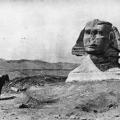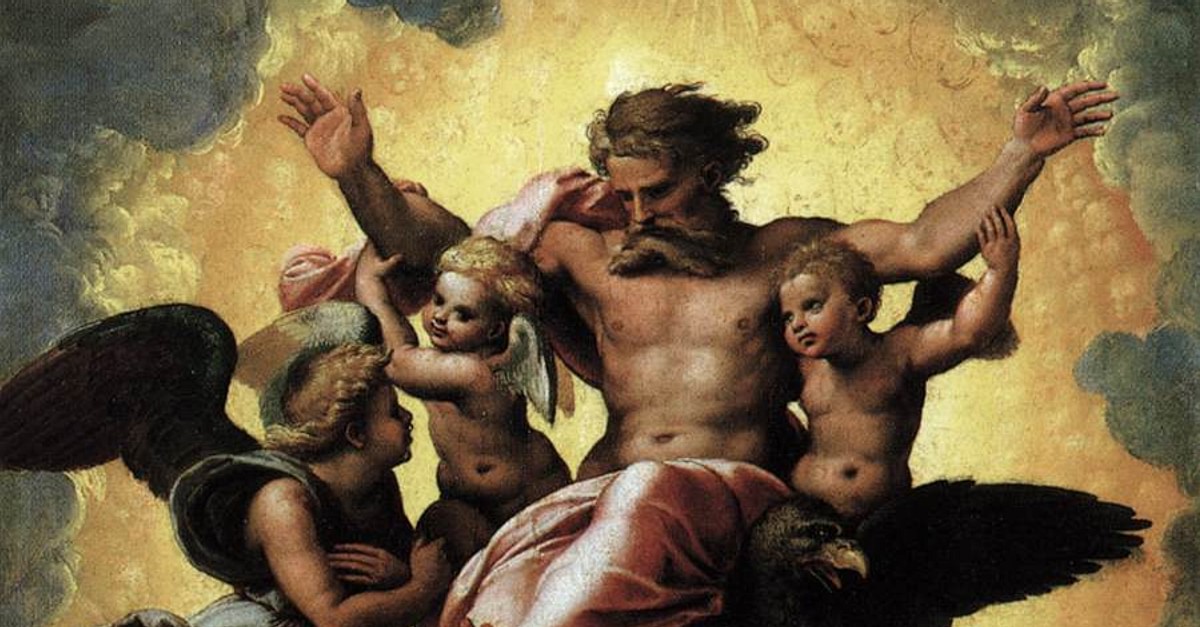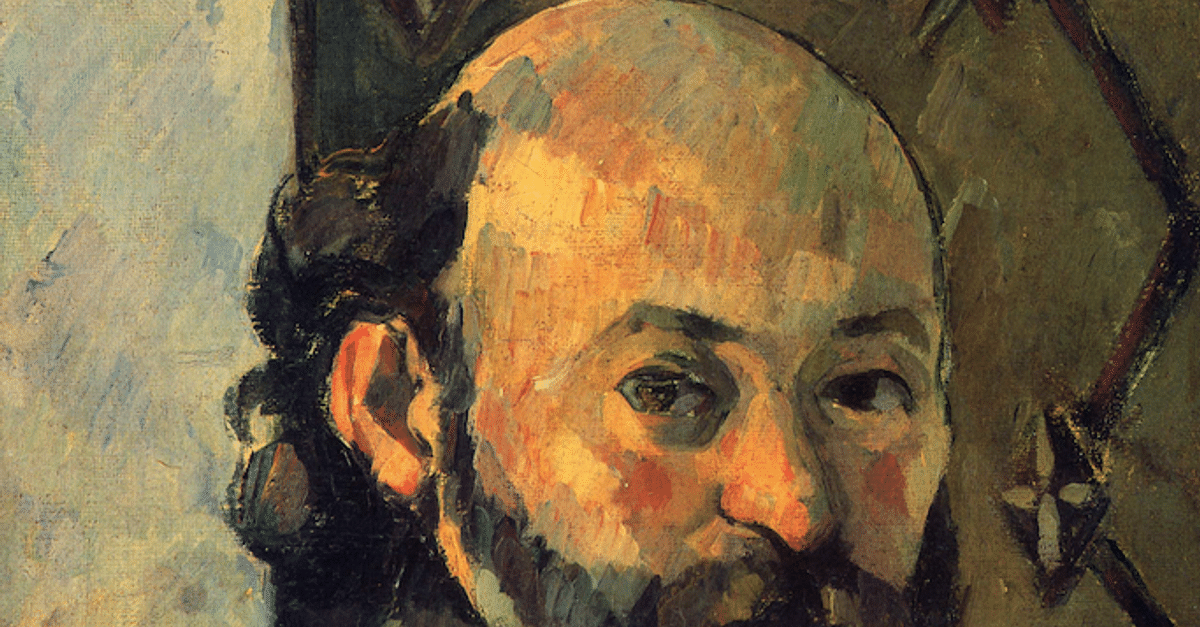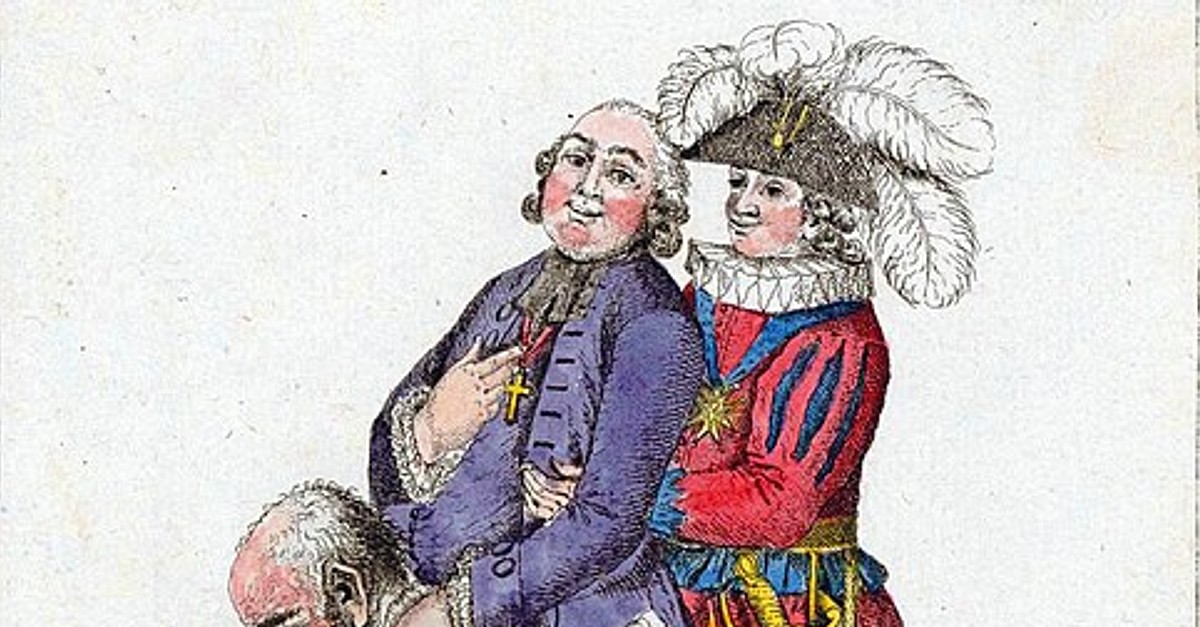Sign Up
Welcome home! Here at WTMX you can make new friends and meet people with the same interests as you. All free and ad-free.
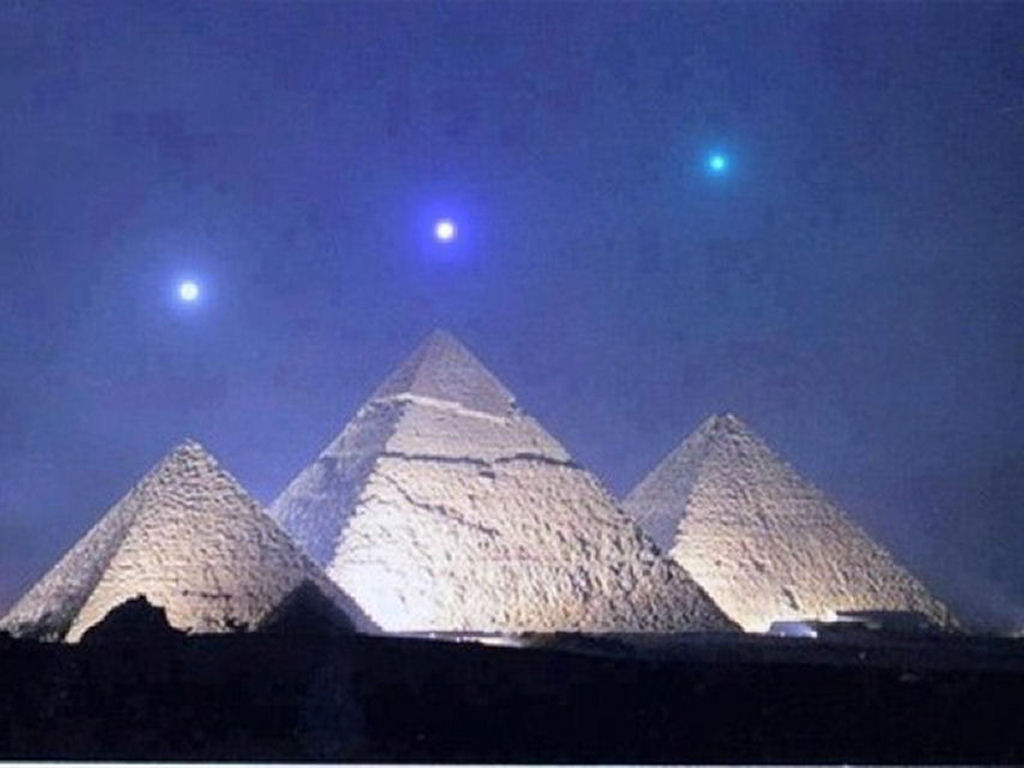
History
Education
Archimedes
Archimedes (l. 287-212 BCE) was a Greek engineer and inventor who is regarded as the greatest mathematician of antiquity and one the greatest of all time. He is credited with a number of inventions...
Hernando de Soto’s Expedition to La Florida (1539-1542)
The Spanish explorer Hernando de Soto (c. 1500-1542) landed on the west coast of Florida on 30 May 1539, hoping to find wealthy kingdoms to conquer and plunder. His crew journeyed for over four years....
Ezekiel
Ezekiel was both a priest and a prophet who lived in the 6th century BCE. The prophets of Israel were oracles (a term for a person as well as a place) for ways in which humans communicated with their....
Paul Cézanne
Paul Cézanne (1839-1906) was a French post-impressionist artist. Although he struggled for recognition in his own lifetime and often lacked confidence in his work, the artist’s unique style, use of...
Samson
Samson was one of the last judges in the Hebrew Book of Judges who arose as a leader of the Jews when they settled in Canaan. He was a Nazirite, known for his incredible strength, the secret of which....
Pyrrho
Pyrrho of Elis (l. c. 360 to c. 270 BCE) was a Greek skeptic philosopher credited with founding the school of Pyrrhonism which taught that one must resist making judgments or stating conclusions becau...
Trade, Traders and the Ancient City (Review)
This book on trade and commerce in antiquity is a blend of papers that originated from a conference at the University of St Andrews on 11 and 12 July 1995. Additional contributions were also made by.....
Interview: When Money Talks by Frank Holt
Join World History Encyclopedia as they talk to Frank Holt about his new book When Money Talks: A History of Coins and Numismatics published by Oxford University Press. [image:15316] Kelly (WHE...
The Three Estates of Pre-Revolutionary France
Society in the Kingdom of France in the period of the Ancien Regime was broken up into three separate estates, or social classes: the clergy, the nobility, and the commoners. These classes and their.....
